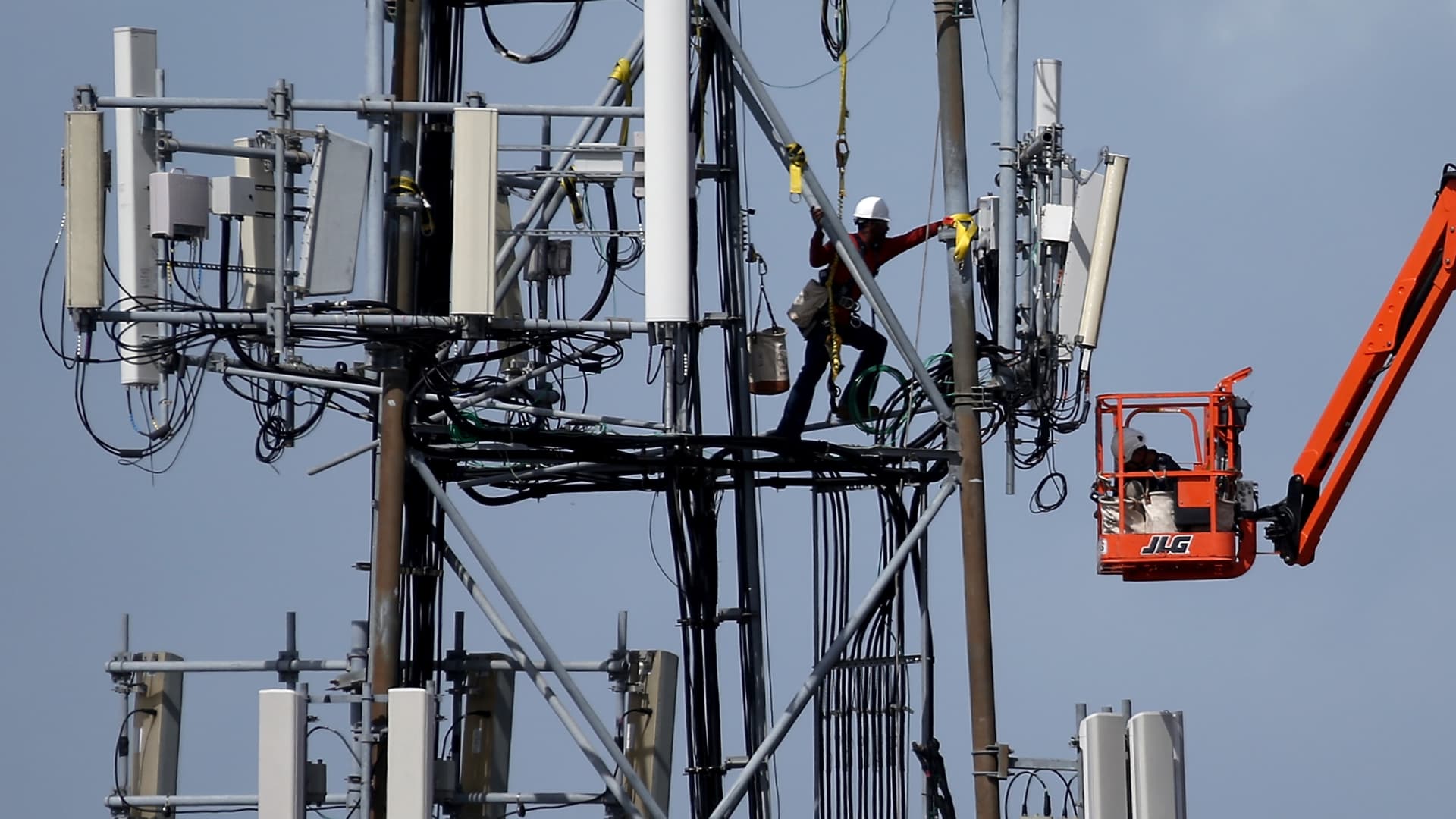
A Google, Temasek and Bain & Company report revealed that “dry powder” increased to $15.7 billion at the end of 2022, up from $12.4 billion in 2021.
Mikroman6 | Moment | Getty Images
Venture capital firms in Southeast Asia expect fundraising to pick up in 2024, but tech firms need to demonstrate “clear” and “viable” paths to profitability.
Global macro headwinds such as inflation and high cost of capital have plunged deployment of private funding to its lowest level in six years, according to a report by Google, Temasek and Bain & Company.
According to KPMG, venture capital funding in the Asia-Pacific region dropped to $20.3 billion in the third quarter of 2023, lowest since the first quarter of 2017. In the second quarter, VC funding in the region stood at $24.2 billion.
Globally, too, investment and deal volumes have hit multi-year lows. Global VC investment in the third quarter was at its lowest level since the third quarter of 2016, while deal volumes were at their lowest since the second quarter of 2019, KPMG said.
“My belief is, next year, you’re going to see a loosening up of Southeast Asian deployment [of venture capital],” said Peng T. Ong, co-founder and managing partner at Monk’s Hill Ventures.
Jussi Salovaara, co-founder and managing partner of Asia at Antler, expects VC funding to improve in the last six months of 2024.
“We believe it’s going up, especially towards the second half of the year. There’s definitely a shock driven by the rising interest rates, crash in venture funding, which then led to a crash in limited-partner capital coming into funds and funds being pickier. So it takes a bit of time to recover,” said Salovaara.
Path to profitability
Venture capitalists CNBC interviewed a year ago said that they expected funds to be pickier in 2023 than in 2022.
“Most VCs were pickier,” said Salovaara of Antler. “But we were not,” he said, adding that Antler was still deploying capital.
The same Google, Temasek and Bain & Company report revealed that “dry powder”, or funds available with VCs for deployment, rose to $15.7 billion at the end of 2022, up from $12.4 billion in 2021, as investors get increasingly circumspect about investment options.

This shows that there is fuel available to propel Southeast Asia’s digital economy to the next stage of growth, the report said.
But to attract funding in this current economic climate, tech companies need to show investors that they have clear and viable paths to profitability, the report added.
“If 2023 was a gear shift year, 2024 will be the year of turning a corner,” said Yinglan Tan, founding managing partner of Insignia Ventures Partners.
“And it will be a tight corner, with pressures from geopolitics, interest rates, public markets, a maturing competitive landscape impacting monetization and capital allocation for tech companies.”
Tech companies tend to prioritize growth over profitability in the initial years, which usually means burning a lot of cash. But with global economic headwinds slowing growth, they have been forced to renew their focus on profitability and be more prudent with costs.
“The opportunity here is to find entrepreneurs and companies that … [are] optimizing what is in their control, for example, costs or growth strategy, to resist pressures and become capital efficient in growth,” said Tan.







